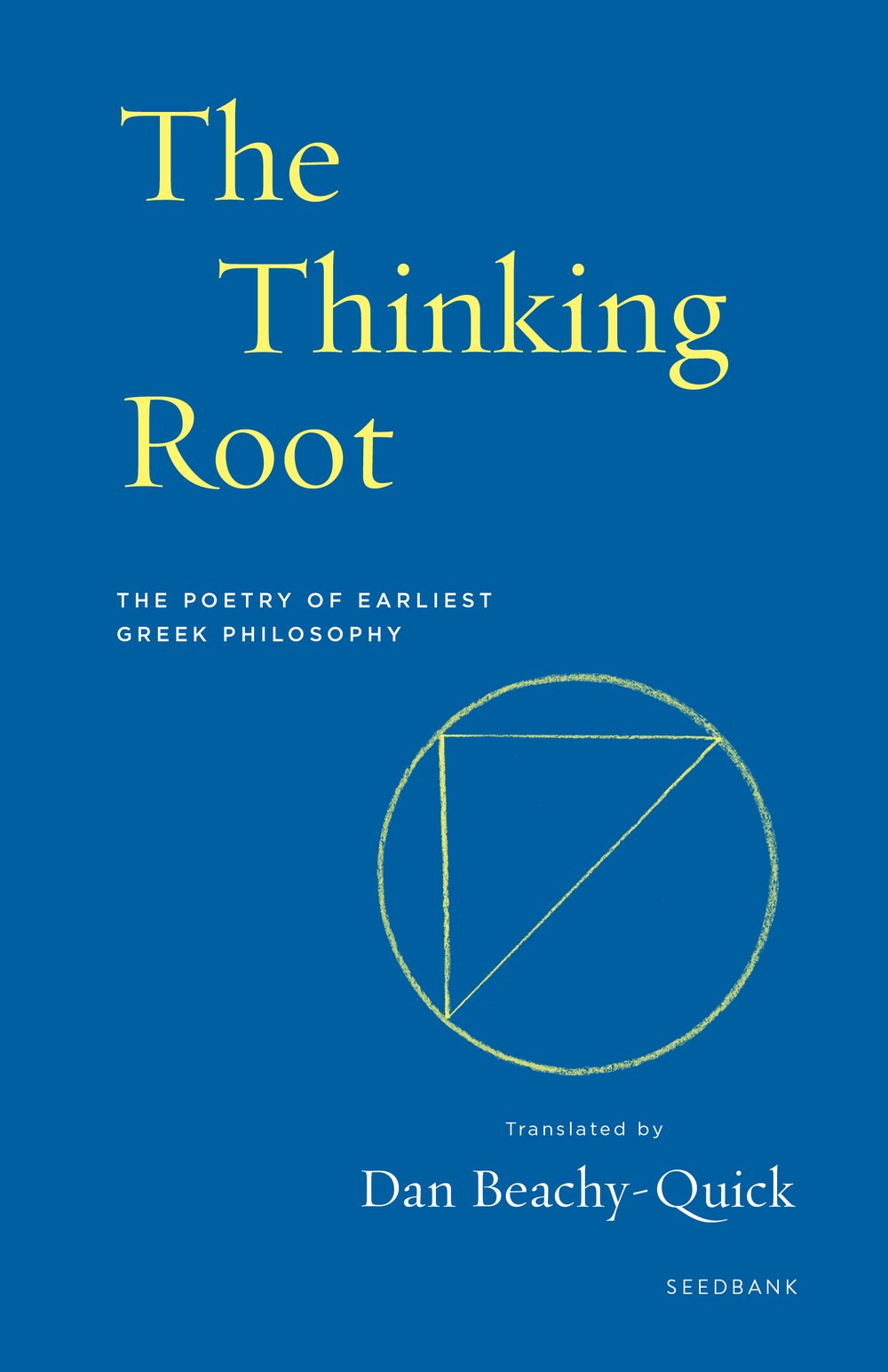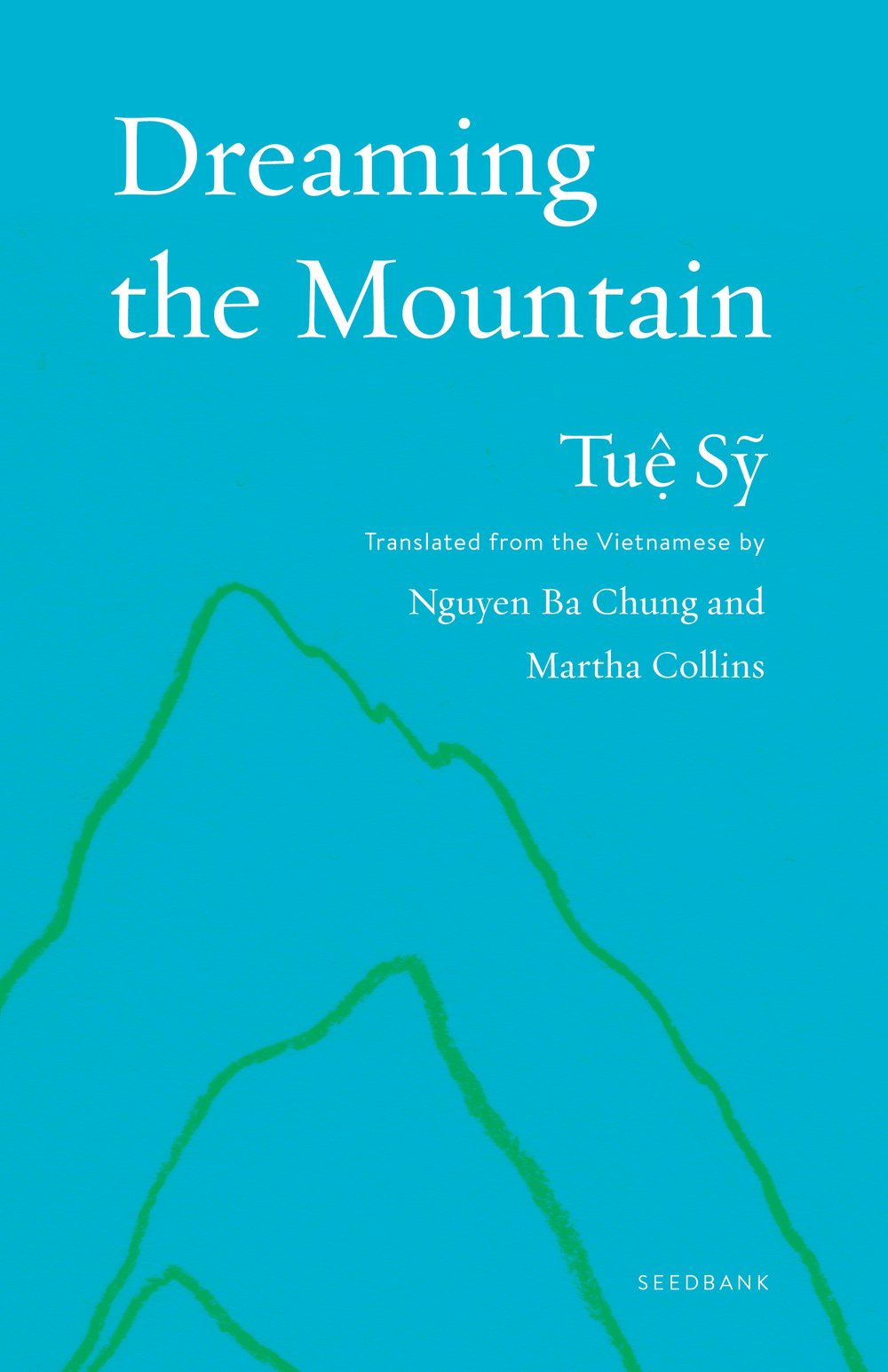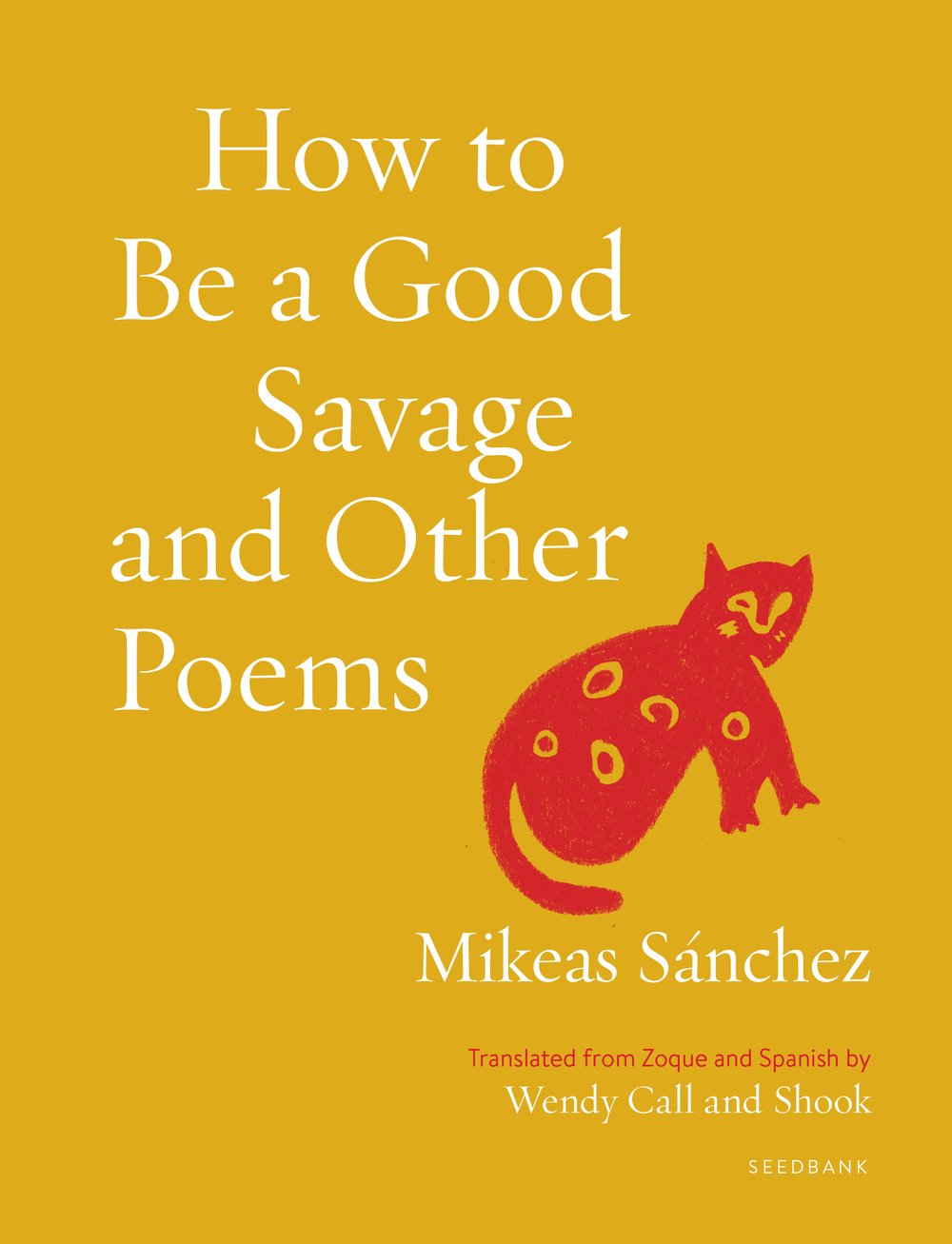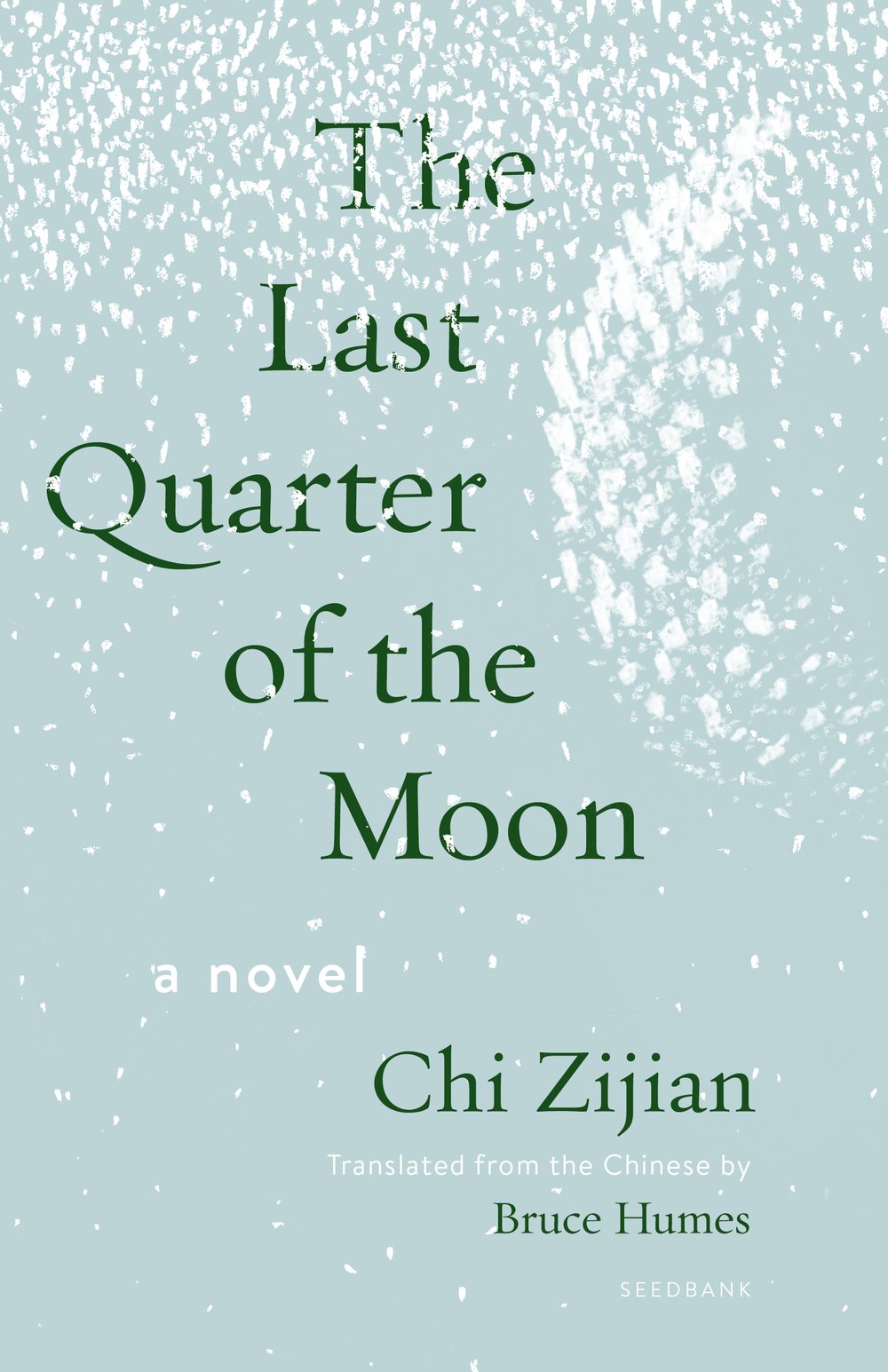When the Whales Leave
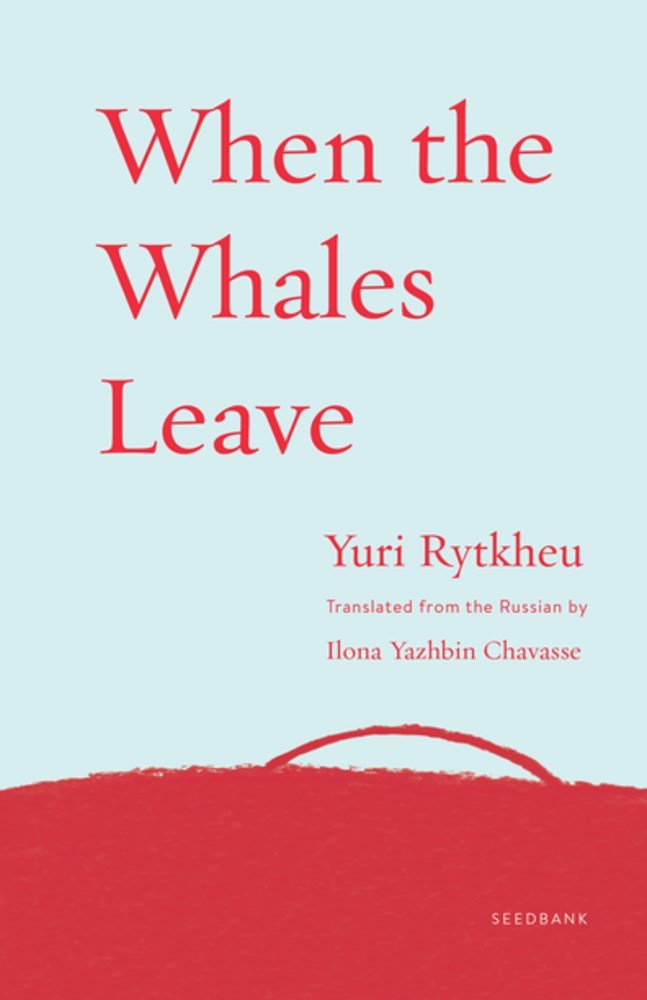
Nau cannot remember a time when she was not one with the world around her: with the fast breeze, the green grass, the high clouds, and the endless blue sky above the Shingled Spit. But her greatest joy is to visit the sea, where whales gather every morning to gaily spout rainbows.
Then, one day, she finds a man in the mist where a whale should be: Reu, who has taken human form out of his Great Love for her. Together these first humans become parents to two whales, and then to mankind. Even after Reu dies, Nau continues on, sharing her story of brotherhood between the two species. But as these origins grow more distant, the old woman's tales are subsumed into myth — and her descendants turn increasingly bent on parading their dominance over the natural world.
'[Yuri Rytkheu's] deep emotional attachment to this landscape of ice (today melting away under global warming forces) makes every sentence seem a poetic revelation.' — Annie Proulx
'Arguably the foremost writer to emerge from the minority peoples of Russia's far north.' — New York Review of Books

Yuri Rytkheu (1930–2008) was born in Uelen, a village in the Chukotka region of Siberia. He sailed the Bering Sea, worked on Arctic geological expeditions, and hunted in Arctic waters, in addition to writing over a dozen novels and collections of stories. The English translation of his book A Dream in Polar Fog was a Kiriyama Pacific Rim Prize Notable Book in 2006. In the late 1950s, Rytkheu emerged not only as a great literary talent, but as the unique voice of a small national minority—the Chukchi people, a shrinking community residing in one of the most majestic and inhospitable environments on earth.
Ilona Yazhbin Chavasse was born in Belarus and, together with her family, emigrated to the United States in 1989. She has translated the work of Dimitry Bortnikov, Sergey Gandlevsky, and Ilya Brazhnikov. Educated at Vassar College, Oxford University, and University College London, she now lives in London.


